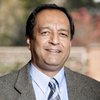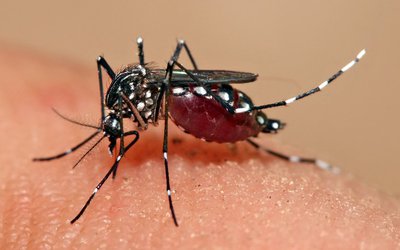Although in developing countries like Nepal, writing about stem cell research and its benefits may be unrealistic, this area of research is nonetheless very intriguing. What are stem cells? All the cells in the blood and many tissue cells are derived from stem cells. Because these stem cells have the ability to change or “morph” into any cell type in the body, they are potentially very useful. For example, in diabetes, heart disease, spinal cord injury, and Parkinson’s disease to name a few, these stem cells have the potential to replace the damage or injured cells and help the organ function properly again.
Because these stem cells are derived from human embryos which have to be destroyed, there is an ethical issue involved which has not been properly resolved and may now drag on. This is because these ethical issues border on gray areas and are subject to one’s interpretation of the law. Although this issue seemed like a settled manner, it clearly is not as the geneticist Francis Collins, the most powerful man in American science today, will tell you.
As the head of America’s National Institute of Health ( NIH), Francis Collins is clearly pro stem cell research to help derive benefit from this science so that people with certain diseases can be saved. Francis Collins is an unusual man to be whole heatedly defending stem cell research because he is a religious man, ardently so. You would have thought he may have opposed stem cell research as many religious fundamentalists may do.
Amazingly, unlike people of his stature and background like Richard Dawkins, Stephen Hawking, Collins has clearly advanced his idea of the companion ability of reason and faith. He has even written a best-selling book called “The Language of God”.
Even amongst his fellow workers at NIH, belief wise Collins is an oddity as only 7 % believe in God. Hence Obama must have been very happy to appoint him as the head of NIH and in charge of stem cell research because this was a magnificent opportunity to bring together two disparate groups: science and faith. There is no question Collins is one of the smartest people around with his scientific contribution to the Human Genome Project. He also helped find the gene of cystic fibrosis one of the commonest hereditary diseases in the western world.
But for now, thanks to the unfortunate ruling of a judge, stem cell research has almost come to a stand still in the US. And the law enforcement agencies will make sure the law against stem cell research is enforced. But, unlike Nepal, in the streets of USA no one will be burning tyres or instigating road blocks and valley bandhs even though stem cell research and subsequent treatment could be life saving for many people. For now the law hath spoken. Perhaps there is a lesson for Nepal beyond the science of stem cells.

Buddha Basnyat MD
Buddha Basnyat, MD, MSc, FACP, FRCP, Director of the Oxford University Clinical Research Unit-Patan Academy of Health Sciences, Kathmandu.
- Altitude Sickness
- Feb 20, 2018
- Post-earthquake Nepal: The Way Forward
- Dec 13, 2015
- The Annapurna Sanctuary
- Nov 29, 2015
- Diarrhea at the Summit
- Nov 08, 2015
- Altitude Sickness ( AMS, HAPE, HACE)
- Oct 15, 2015














